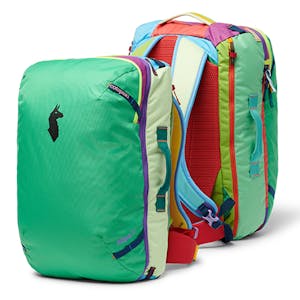Trampers and campers are being reminded to check the area they plan to explore for fire risks this summer.
Three fires in November resulted from illegal campfires not being extinguished around the Hawke’s Bay region.
DOC fire officer Rachael Thorp said valuable resources were tied up in quelling the fires at Flat Rock, just north of Whirinaki in Napier, at Kuripapango Lakes in the Kaweka Forest Park, and at Pukerua Bay.
“Another month of dry weather will have disastrous consequences on our parks and reserves if the public continue to be this careless,” Thorp said.
“With the fire danger rising over summer, people need to take more care when camping and use gas cookers instead of lighting a fire. If they want to light a fire they must apply for a fire permit.”
Wild fires put lives at risk, destroy property, and devastate natural areas, Thorp added.
“The cost of extinguishing them can run into hundreds of thousands of dollars, and this can be passed on to those who are responsible for causing them.”
A written fire permit is required from DOC to light any fire in the open on public conservation land and, in some cases, for a fire within one kilometre of these lands.
A fire ban, or prohibited fire season, is declared when conditions are such that any fire is likely to put life and property at risk.
During a prohibited fire season, no fires can be lit in the open air and all fire permits are cancelled.
Fire safety tips
- Find out about fire restrictions and the current fire danger before going into forests, parks and rural areas
- Don’t leave any campfire unattended
- Ensure your campfire is completely extinguished before leaving
- Dispose of any ashes carefully
- Ensure quick access to water if lighting a fire
- If in doubt, don’t light a fire







